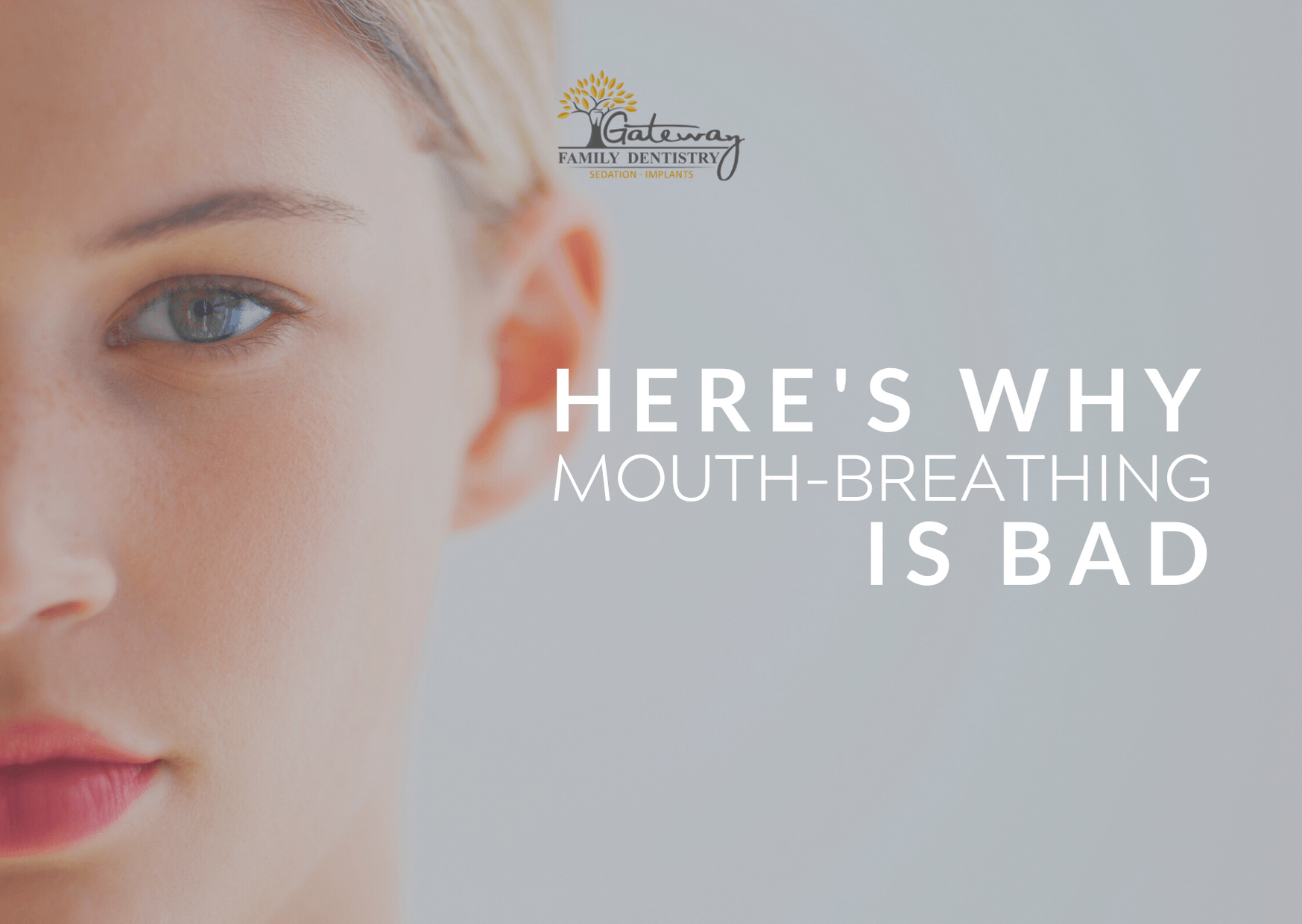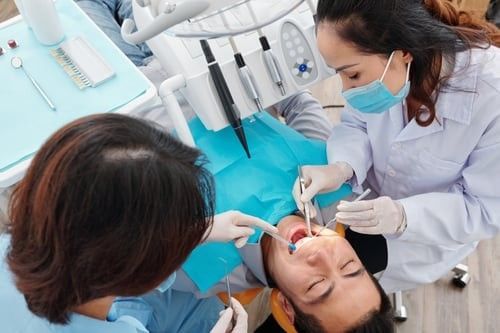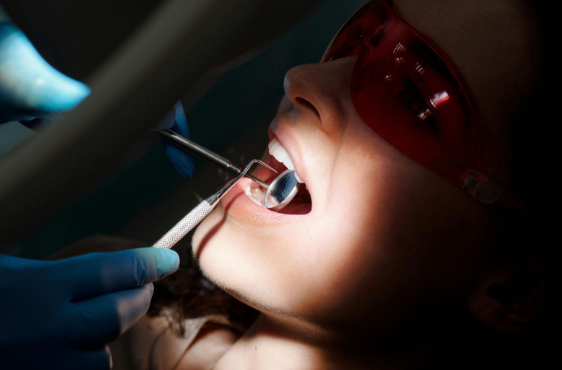Gateway Family Dental Blog

Why Is Mouth Breathing Bad for Your Teeth?
Mouth Breathing Dries Out Saliva
Your saliva serves an extremely important purpose : to moisten and break down food during chewing so that it can be digested more easily.
Saliva also keeps your teeth and gums healthy by neutralizing the bacteria-packed plaque acids produced by food. The contents of saliva, notably the enzyme amylase, phosphorus fluoride and other minerals, help protect your teeth from decay and strengthen enamel.
Without adequate levels of saliva, the mouth can become a bacteria and acid breeding ground. These acids and bacteria can erode the protective barrier of the teeth and accelerate tooth decay and even gum disease. Mouth breathing, especially during sleep, is a leading cause of dry mouth.
Another unfortunate side effect of mouth breathing is bad breath. When a person breathes through his mouth, much-needed saliva is dried out. When there isn't adequate saliva in the mouth, the self-cleaning function of the mouth is compromised. Bacteria and foul-smelling compounds in the mouth can proliferate, causing an unpleasant taste and a bad odor.
Excess bacteria also causes bad breath. As bacteria multiples, it sits on the tongue, teeth and gums. As it decays, it releases a foul odor.
Chronic mouth breathing can lead to chronic bad breath and even halitosis.
Mouth Breathing Can Put Stress On the Jaw
Causes of Mouth Breathing
Mouth breathing can be a symptom of a more serious underlying condition, including:
- Sleep apnea
- Deviated septum
- Nasal obstruction
Sleep apnea is an especially serious disorder . Untreated sleep apnea can lead to an increased risk of diabetes, high blood pressure, heart disease, stroke and atrial fibrillation.
This is because sleep apnea causes repeated lapses in breathing throughout the night. When a person stops breathing, the oxygen concentration in the blood drops. When oxygen in the blood is low for an extended period of time, it can cause hypoxemia. Sudden drops in blood oxygen levels put strain on the cardiovascular system and over time, increases a person’s risk of heart attack or recurrent heart attack. It can also cause irregular heart beats and affect the body’s insulin resistance.
Blocked nasal passages are another common cause of mouth breathing. Often, sinus infections, allergies and common colds can cause temporary blockages in the nasal passages that go away after a week or so.
Chronic nasal obstruction is caused by a condition that doesn’t go away on its own, like a deviated septum, nasal polyps, enlarged turbinates, or enlarged adenoids. It’s important to see a doctor if you’ve suffered from mouth breathing and chronic nasal obstruction for more than a month.
Mouth Breathing Treatments
If you or your child has a habit or condition that causes mouth breathing, it’s important to seek treatment immediately.
Your dentist may notice the effects of mouth breathing during a routine dental examination. He or she can then recommend an ENT (ear, nose and throat) specialist to help find the correct treatment for the cause of your or your child's mouth breathing.
Some of the most common treatments include special pillows, sleep mouth guards, sleep nose strips, and equipment to correct sleep apnea.
If your mouth breathing is not due to an underlying medical condition, you may need to retrain yourself to breathe through your nose. Your ear, nose and throat specialist can provide you with training techniques that will work for you.
Are you concerned that mouth breathing has caused accelerated tooth decay? Gateway Family Dentistry can help you address tooth decay and gum issues caused by mouth breathing.
Contact us today to schedule your appointment.




